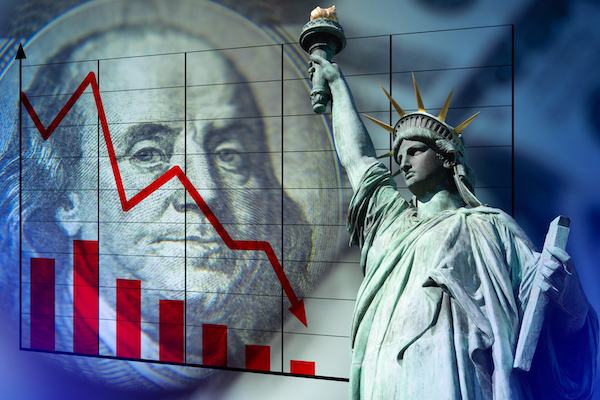We’re definitely in the Fourth Turning of Strauss and Howe’s generational cycle. From Doug Casey at internationalman.com:

International Man: The economic, political, social, and cultural situation seems to have become increasingly volatile in the United States and more broadly in the West. Is this a unique situation or part of a recurring historical cycle?
Authors William Strauss and Neil Howe introduced a popular theory in their book, The Fourth Turning, outlining the recurring generational cycles that have occurred throughout American history.
What are your thoughts?
Doug Casey: I read Strauss and Howe’s first book, Generations, when it came out back in 1992. I thought it was brilliant.
Let me start off by recommending both Generations and The Fourth Turning to everybody. Both books offer quite a scholarly, readable, and prescient view of the cyclicality of history. And offer a very plausible forecast for the 2020s.
History’s best seen as cyclical, rather than a straight-line progress to some preordained end the way both the Marxists and the Abrahamic religions see it. But then, Ecclesiastes has its famous quote that there’s nothing new under the sun.
Plato in the Republic talks about how the younger generation—and we’re talking fourth century BC—can’t stand up to the moral values of their forefathers.
Older people have always thought that the younger generation wouldn’t quite measure up. In recent American history, you’ll recall, the younger generation were the beatniks in the ’50s, the hippies in the ’60s, and the yuppies in the ’80s—so it’s a passing parade. Older people have a tendency to think the world is going downhill. Nothing new there. But there’s always a rebirth.
Niccolò Machiavelli, in his Florentine Histories, said:
Virtue gives birth to tranquility, tranquility to leisure, leisure to disorder, disorder to ruin… and similarly from ruin, order is born, from order virtue, from virtue, glory and good fortune.
The bottom line is that societies arise from poverty through moral strength—and that brings them prosperity. But that prosperity brings on arrogance, and the arrogance brings on laziness, which brings on weakness and moral decline. Then they’re reduced to a condition of slavery and poverty again. Change is the only constant—except in human nature.
As I look at the United States, it seems to me the peak of American culture was the time just before Teddy Roosevelt came into office. Teddy is certainly among the top five worst presidents. And there’s plenty of competition for that title.
He was the first real “progressive” president; he wanted the government actively involved in all areas of life.
